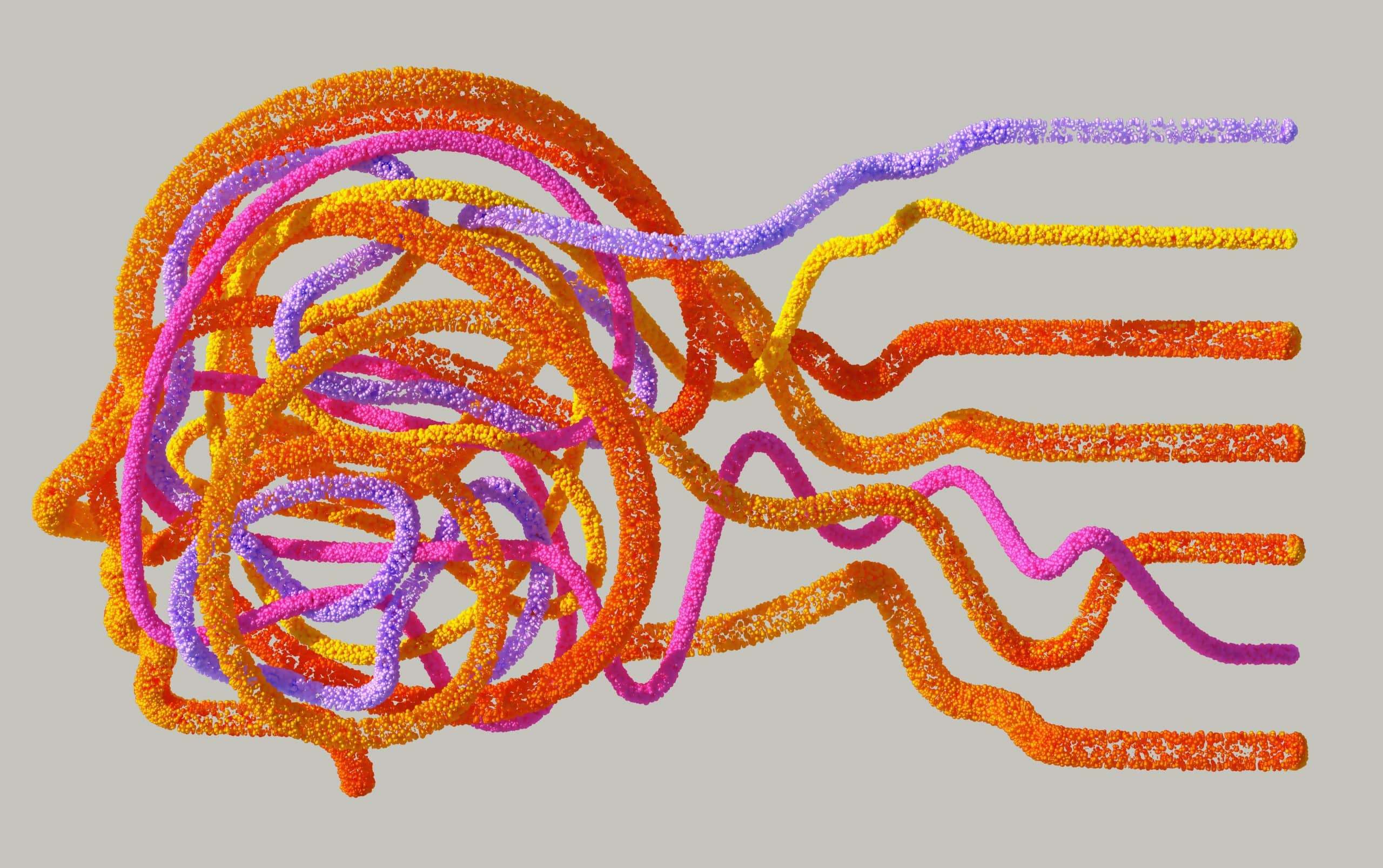As people age, they face significant changes that put them in front of new challenges that primarily affect their health. Many people emphasize the importance of caring for one’s physical health at this point in their lives, but they might ignore one’s mental health, which is equally crucial for one’s functionality in day-to-day life. This brings the conversation of mental health and aging to the table to explore the challenges that stand in the way of receiving the medical care seniors need.
Mental Health and Aging Challenges

Stigma and Stereotypes: Many people grew up in an environment in which mental health problems were stigmatized, and most of them still hold stereotypes about them to this day. Therefore, they feel ashamed to acknowledge that they are struggling mentally. They avoid voicing their issues because they fear people’s prejudices.
Some people also hold on to a harmful notion of psychological or psychiatric help, as they subscribe to a belief system that has always dictated to them that seeking professional help when one is struggling with their mental health is a sign of weakness or even insanity. Instead, they were always forced to try and overcome it by themselves to maintain a good social image.
Aging and Dependency: Seniors also might fear admitting that they need medical care because they do not want to give up their independence and become perceived as reliant. They might worry that seeking professional help as they are aging might come off as a sign that they can no longer care for themselves or decide what’s best for them.
Lack of Awareness: Some seniors might not exactly understand what they are going through because of their lack of awareness of mental health issues. It can be hard to seek help for something you can’t put a name to, which inevitably worsens the symptoms of any medical condition they might be suffering from.
Aging Limitations: Another obstacle some seniors might face is the inability to access mental health services. This can be the result of financial, transportation, or mobility limitations. These difficulties can deter them from asking for help, as it becomes extremely challenging, mentally and physically, to even think of seeking the needed support aging necessitates.
Most Common Mental Health Illnesses
Depression: It is considered to be one of the most common mental health disorders in seniors. According to the World Health Organization’s statistics, depression affects 5.7% of seniors globally. The signs and symptoms might differ, but they generally include the seniors feeling sad, hopeless, empty, or even guilty. They also might suffer from unexplainable physical pains, which cause excessive energy depletion and constant exhaustion. Despite that, they might face sleeping difficulties, which in turn affects their functionality in their daily lives; they might have a hard time focusing and making decisions, which often results in feeling restless or easily irritable.
Anxiety: It is considered to be the second-most common mental disorder among seniors. Anxiety has many varieties that require specific diagnoses. Generalized anxiety disorder, for example, often makes one feel extremely worried and stressed even in what might count as a regular situation. Social anxiety disorder, also known as social phobia, makes one feel excessively self-conscious when put in social situations. Also, obsessive-compulsive disorder often causes one to struggle with intrusive thoughts, which leads to building behavior patterns that are not necessarily healthy to help cope with those thoughts.
Anxiety often affects seniors’ physical health more than their mental one; they might suffer from a racing heart rate, dizziness, muscle tension, or digestive problems. However, it does not mean that every senior experiences anxiety the same way; it can be extremely damaging to some people’s mental well-being.
Dementia: Over 55 million people worldwide have dementia. The World Health Organization reported that there are approximately 10 million new cases every year. Dementia is also considered to be the seventh leading cause of death and one of the significant causes of disability and dependency among seniors globally.
Dementia is an umbrella term as it includes several diseases that affect not only one’s memory but also one’s thinking and functioning abilities as they are aging. Some of the illness’ early signs include forgetting recent or crucial events, easily losing or misplacing belongings, getting lost when walking or driving, and facing difficulties performing regular and familiar tasks. Dementia also can affect seniors’ moods and behavior; they might feel anxious, sad, or angry about not being able to perform certain activities by themselves. They also might start resorting to isolating themselves from work or social events.
Some seniors can experience a complete personality change that leads them to misbehave or be less attentive to other people’s emotions. The symptoms differ, and so does the impact. That being said, dementia is also strongly tied to its underlying cause, one’s health condition, and cognitive functioning before having the illness. Some symptoms worsen as one is aging, and others disappear over time, but as the disease progresses, the senior’s need for personal care becomes inevitable and crucial to his or her safety and well-being.
Final Thoughts
Today, mental health disorders and their impact on seniors’ lives is a conversation that should be prioritized and taken seriously. Many people, as they are aging, watch their mental health deteriorate, and some even end up tragically losing their lives simply for not having enough knowledge about therapy’s importance or having limited access to resources that could assist them in navigating their struggles, elevate the quality of their lives, and make it more comfortable and less painful, mentally and physically.
If you have a senior around you, keep a close eye on them, reach out if you believe you can help, and support them emotionally and physically. Sometimes, people only need to know that they have someone who still cares about their existence and well-being, and that can be enough reason for them to try and save their lives.
Disclaimer: This article is intended simply to provide information. It does not replace the medical advice of a physician. Please speak with your doctor if you have any questions or concerns.









